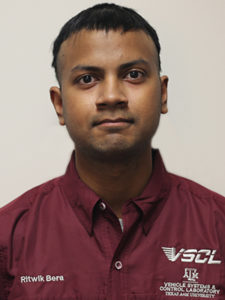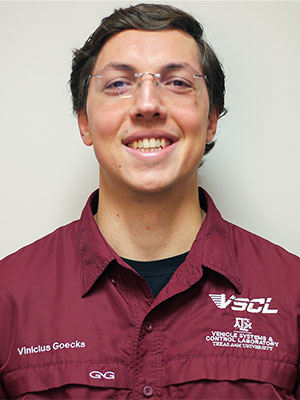
VSCL Graduate Research Assistant Ritwik Bera will present a paper titled “PODNet: A Neural Network for Discovery of Plannable Options” at the AAAI-MAKE: Combining Machine Learning and Knowledge Engineering in Practice, AAAI Spring Symposium on March 23, 2020. Co-authored by researchers from the US Army Research Laboratory’s Human Research and Engineering Directorate, this continuing project investigates how to segment an unstructured set of demonstrated trajectories for option discovery. This enables learning from demonstration to perform multiple tasks and plan high-level trajectories based on the discovered option labels. This method is composed of several constituent networks that not only segment demonstrated trajectories into options, but concurrently trains an option dynamics model that can be used for downstream planning tasks and training on simulated rollouts to minimize interaction with the environment while the policy is maturing. The paper documenting this work is “PODNet: A Neural Network for Discovery of Plannable Options,” currently available at https://arxiv.org/abs/1911.

